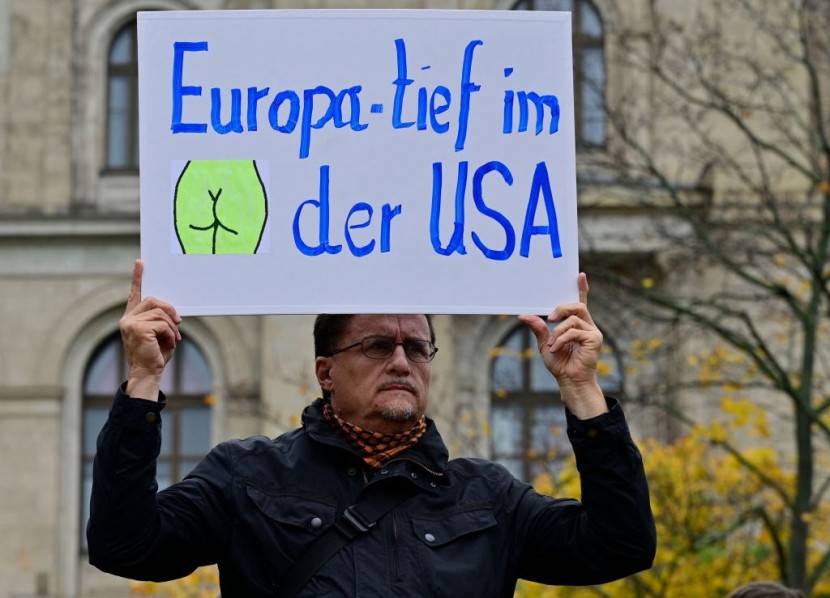
Germany is worried that the necessity for more measures to conserve energy would increase as a result of the inaccessibility of Russian energy.
The biggest economy in Europe would use as much power as possible, as it indicated last Monday, Anadolu reported. According to local media, businesses in the German state of Baden-Wurttemberg are reducing their menus or planning to close more frequently simply save money during the energy shortage.
Germany Aims to Conserve Energy
As illustrated by Daniel Ohl, the spokesperson for the Baden-Wurttemberg Hotel and Restaurant Association, who informed the outlet DPA, optimizing is frequently achieved, according to the Daily News. Stress related to rising costs that are connected to opening hours, menu items, or staff rollout is also investigated.
As part of the measures, restaurants either extended the number of rest days or got rid of expensive, seldom ordered meals from the menu. To conserve roughly 150,000 watts of power, the city of Ludwigshafen in Rhineland-Palatinate has decided to turn off street lights along Hochstrasse North and South.
Jutta Steinruck discussed the resource-saving technique with businesspeople and residents. Street lighting has been using less energy for a number of years. Since then, energy savings amount to 5%.
According to a report, the Sparkasse Augsburg bank in Bavaria plans to lower room temperatures to conserve energy, which is required by law as of September, when the German government's new energy-saving regulations went into effect.
In order to comply with the new energy-saving restrictions as the supply of cheap Russian electricity diminishes, the bank will modify its customarily tight dress policies. Their spokesman emphasized that the fundamental idea still holds true and pleaded for understanding.
Berlin Urges to Limit Electricity Price
A tattered sweater will still be prohibited, and even when the rooms are heated, caps and fleece coats are still inappropriate. The foyers and halls, however, are not heated. Berlin wants a price restriction on power starting in January and an end to cheap Russian Energy, as per DW News.
In response to popular concern about rising energy prices as winter approaches, Germany has finished ideas to present to state governments, according to news reports that were published last Tuesday.
The federal government's draft law, which aids in outlining particular steps for Germany's €200 billion energy relief plan that was adopted by parliament at the end of October, has been viewed by the German media and a number of media organisations.
Chancellor Olaf Scholz should now get their approval during a meeting with the 16 state leaders of Germany on Wednesday. According to the draft, the federal government plans to set an electricity price ceiling that would go into force in January.
For 80% of a smaller business's or home's usual power use, Scholz's administration aims for a minimum price of 40 cents per kilowatt hour. Large and midsize businesses might also prepare for a power price cap. For 70% of the businesses' annual energy use, its cost would be regulated at 13 cents per kilowatt hour.
According to the proposal, a windfall tax on energy companies that is approved at the EU level will be used to raise a share of the revenues.
The administration also plans to retrospectively enforce a gas price ceiling beginning March 1 of the following year. Due to sanctions against Russia and the US's appropriation of the EU, Germany wants to save energy.
Related Article : Head of Lower Saxony Forewarns Nord Stream 2 Will Not Pump Gas From Russia to Germany Again
© 2025 HNGN, All rights reserved. Do not reproduce without permission.








